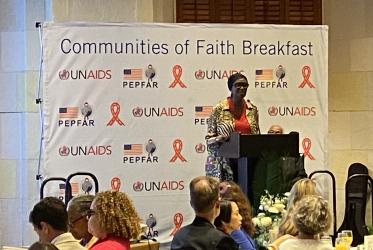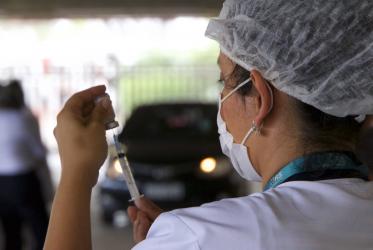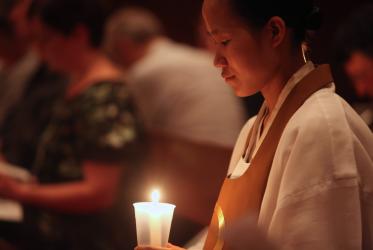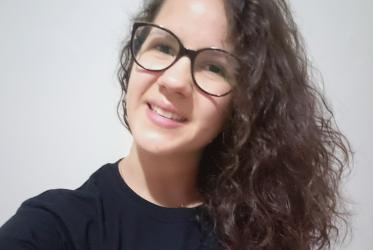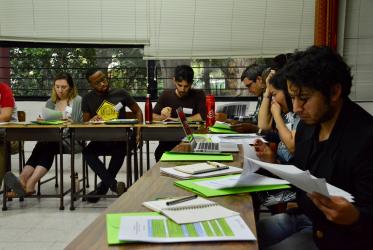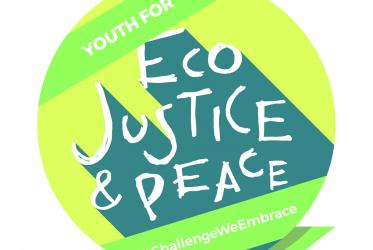Displaying 1 - 20 of 27
Larissa Aguiar Garcia: "We're opening a safe space”
26 September 2019
Peacemakers at work in Sri Lanka
29 April 2019
WCC Eco-School encourages youth to become eco-ambassadors
08 November 2018
Symposium focuses on religion, violence, extremism
04 February 2016
Faith organizations assess COP 20 on the way to Paris
28 January 2015
Indigenous faith leaders reflect on resilience and climate change
23 September 2014
